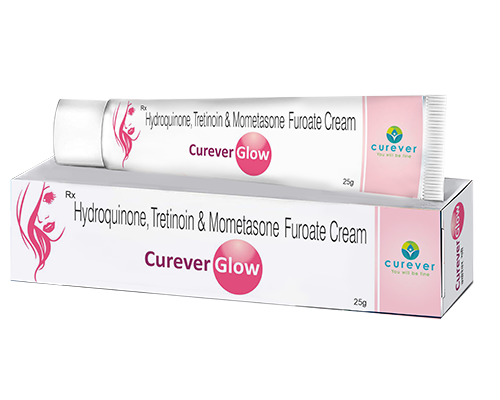
Company Name : Curever Pharma
Dosage Form : CREAM
Route of Administration : Topical
Therapeutic Category : Skin Care
Pack Size : 25 GM
**(Note : Prices are subject to change depending on the batch availability)
*** The Substitution of the prescription will be done after approval/consent of your Registered Medical Practitioner: By Reference Pharmacy Practice Guideline 2015. India
*** Please ensure that you have Original prescription ready to show our Pharmacist once he comes to deliver the medicines. In absence of Original prescription, we will unable to hand over the medicines.
| Drug Interaction with Molecules | Drug Interaction |
|---|---|
| No Data Available | |
| Preganacy Category Description | Either studies in animals have revealed adverse effects on the fetus (teratogenic or embryocidal or other) and there are no controlled studies in women, or studies in women and animals are not available. Drugs should be given only if the potential benefit justifies the potential risk to the fetus. |
| Drug Interaction with Molecules | Drug Interaction |
|---|---|
| Anticoagulants | Increased or decreased effects of anticoagulants |
| Bupropion | Increased risk of seizures |
| Quetiapine | Decreased levels of quetiapine |
| Quinolones | Increased risk of tendonitis and/or tendon rupture |
| Drug Interaction with Molecules | Drug Interaction |
|---|---|
| No Data Available | |